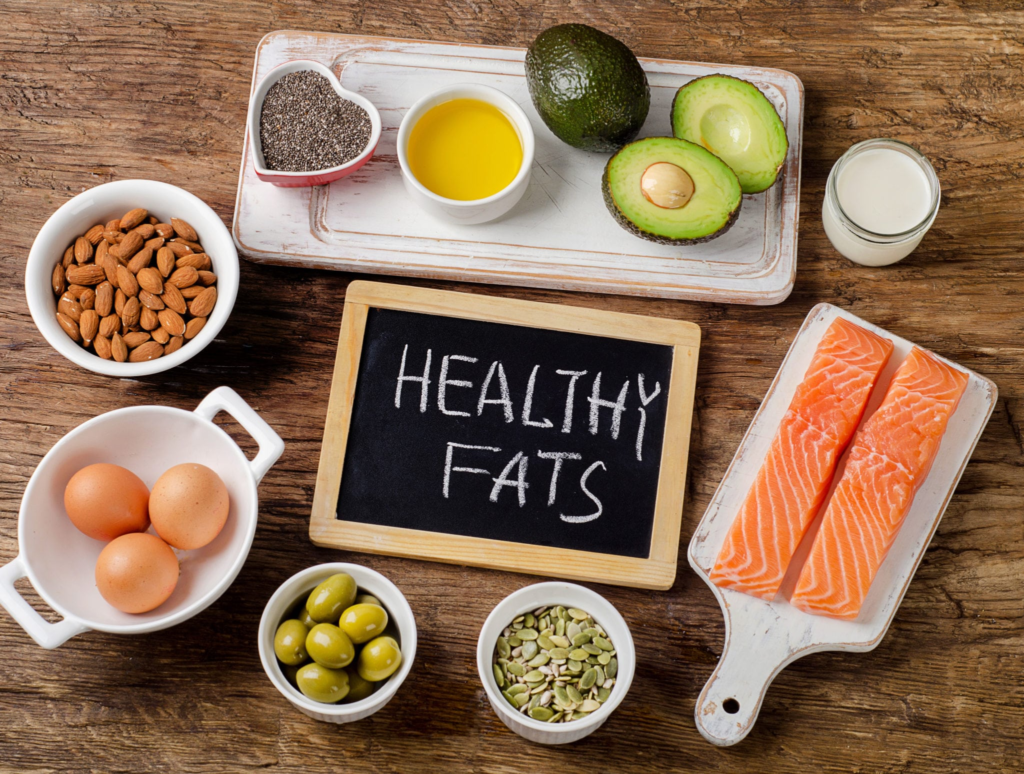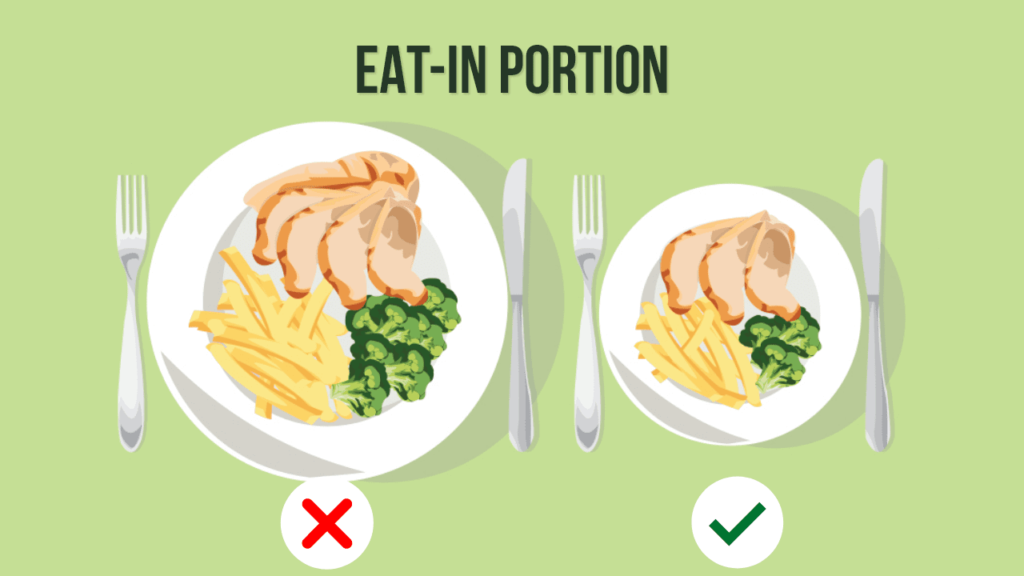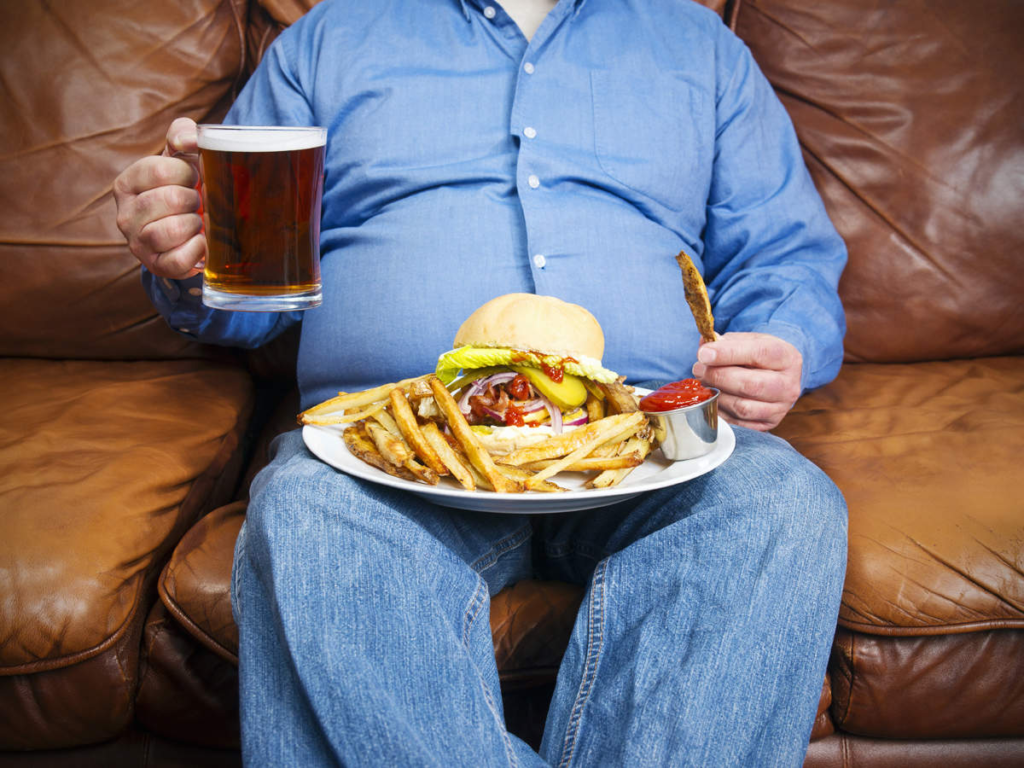A Balanced Diet
a balanced diet by Delta publications
Key Notes:
Definition of a Balanced Diet:

- A balanced diet includes the right amounts of different food groups (carbohydrates, proteins, fats, vitamins, and minerals) that our body needs to stay healthy and function well.
Food Groups:
- Carbohydrates: Provide energy (e.g., rice, bread, pasta).

- Proteins: Help in body growth and repair (e.g., beans, eggs, fish).

- Fats: Provide energy and support cell function (e.g., nuts, oils, butter).

- Vitamins and Minerals: Keep the body healthy and help fight diseases (e.g., fruits, vegetables).

- Water: Important for hydration and helps in digestion and maintaining body temperature.

Importance of a Balanced Diet:
- Promotes growth and development.
- Strengthens the immune system.
- Provides energy for daily activities.
- Prevents nutritional deficiencies and diseases like anemia or scurvy.
Portion Control:

- Eating the right quantity of food from each food group is important to avoid overeating or under-eating.
Benefits of a Balanced Diet:
- Improves concentration and learning.
- Keeps bones and muscles strong.
- Maintains a healthy weight.
- Boosts mood and mental health.
Unhealthy Eating:

- Avoid eating too much junk food, sugary snacks, and drinks, as they can lead to health problems like obesity and tooth decay.
Role of Exercise:
- Along with a balanced diet, regular physical activity is essential for maintaining a healthy body.
Let’s practice!

